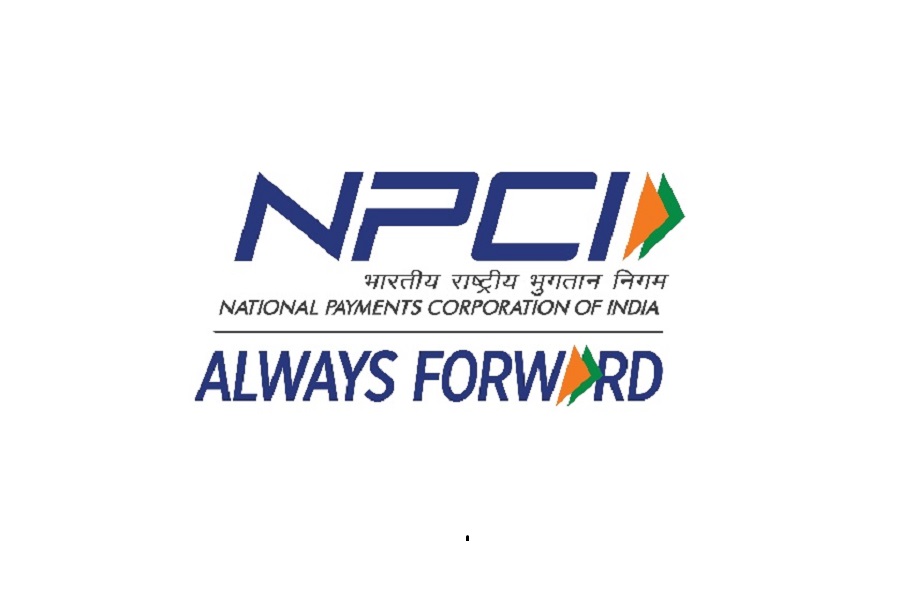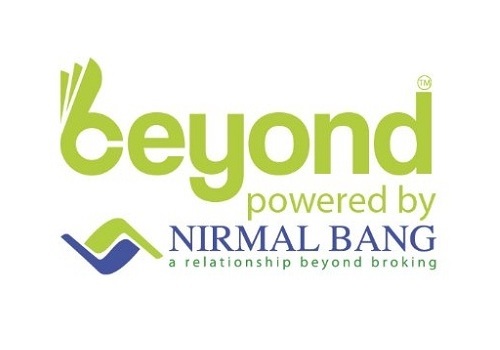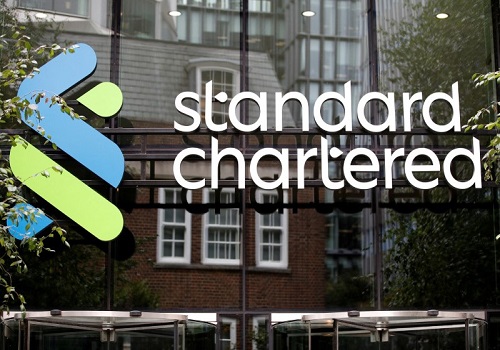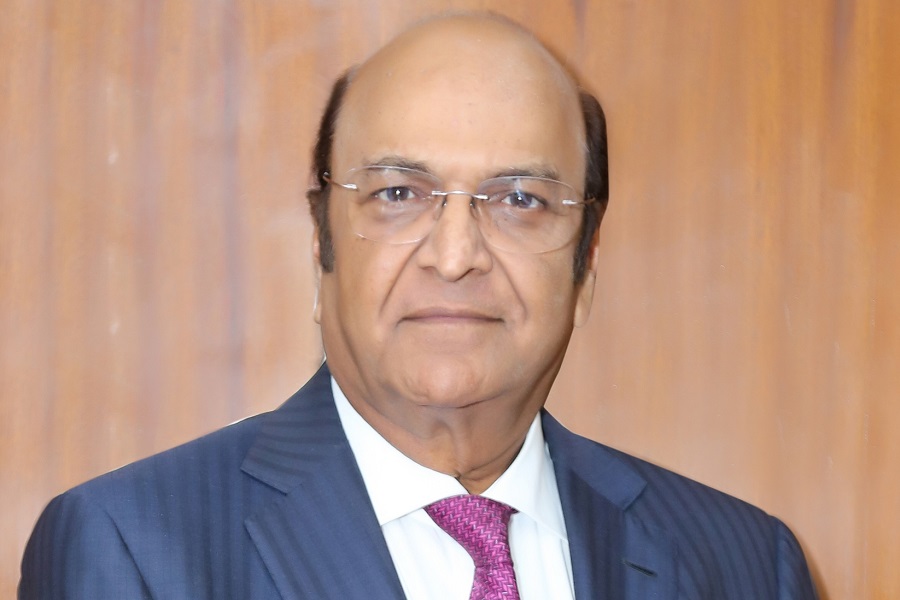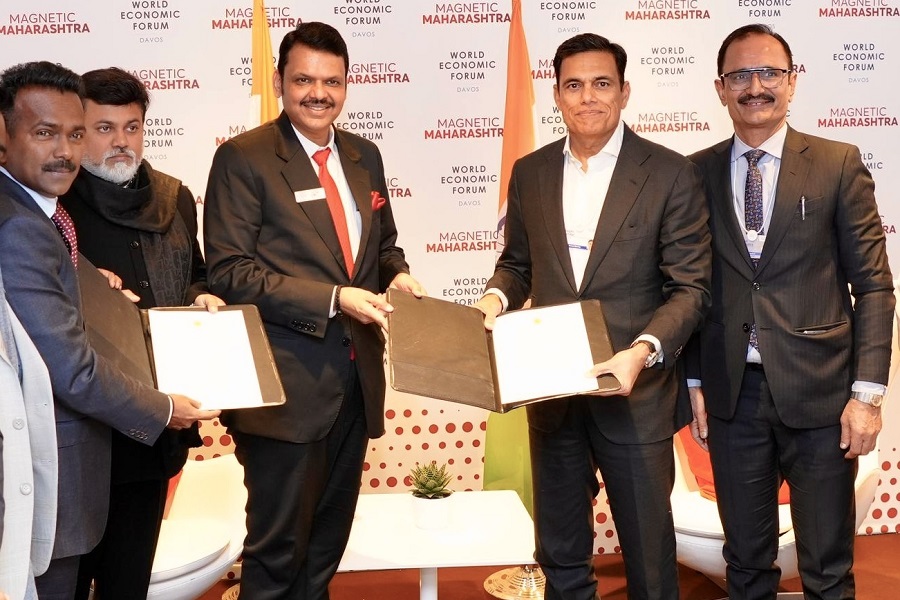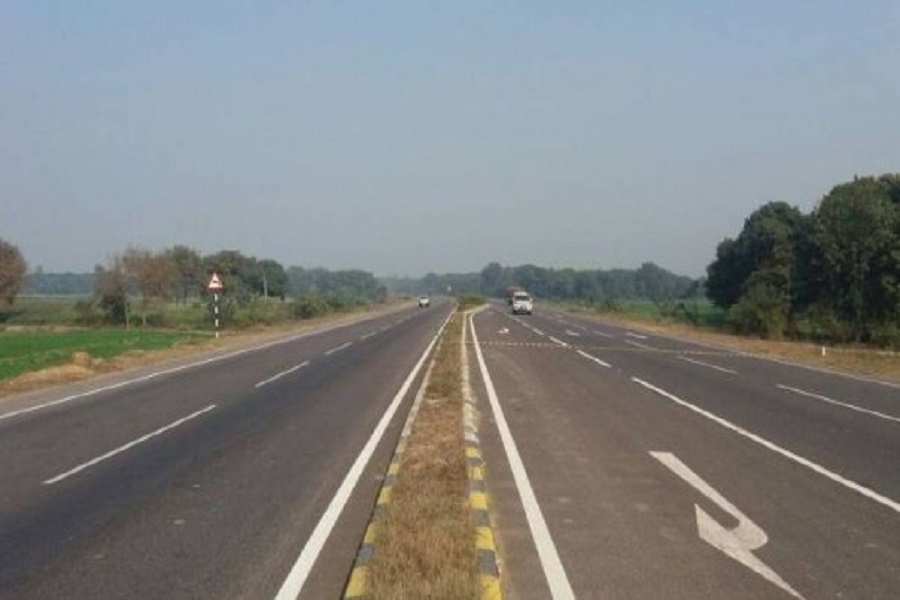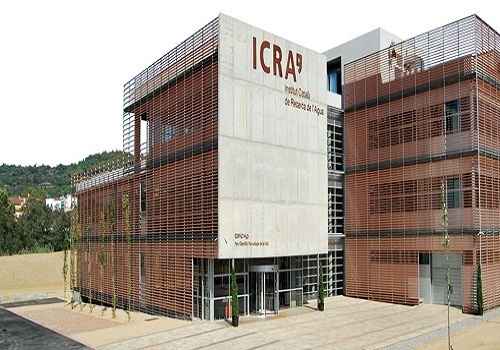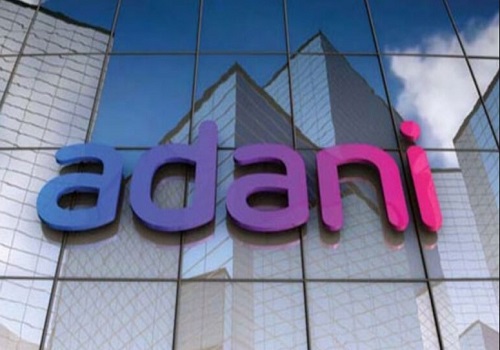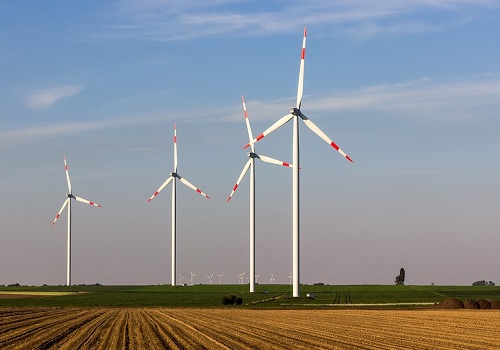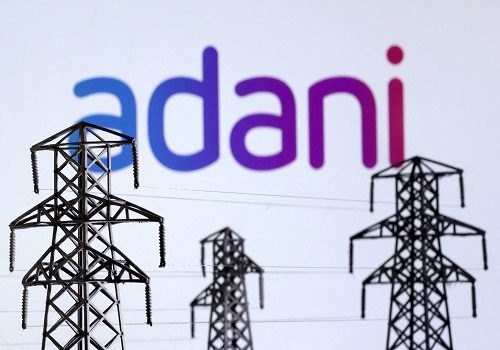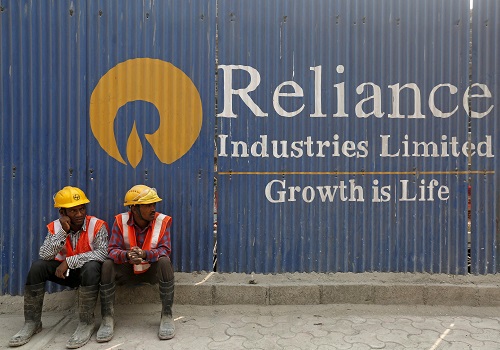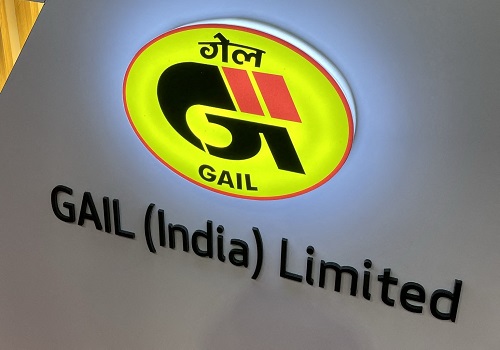Adani Group commissions India`s first transnational power project
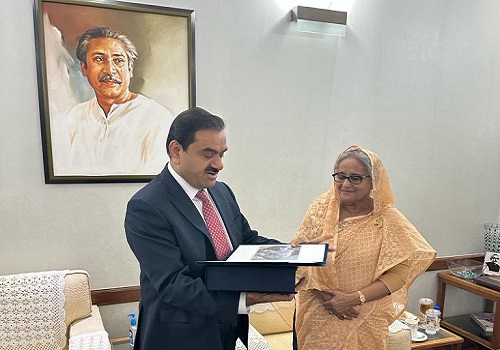
Adani Group Chairman Gautam Adani called on Bangladesh Prime Minister Sheikh Hasina in Dhaka on Saturday following the full load commencement of power supply to Bangladesh from the Group’s Ultra Super-Critical Thermal Power Plant (USCTPP), in Godda, Jharkhand.
The Godda USCTPP, which marks the Adani Group’s entry into transnational power projects, is India’s first commissioned transnational power project where 100 per cent of the generated power is supplied to another nation.
After the meeting, Gautam Adani said in a tweet: “Honoured to have met Bangladesh PM Sheikh Hasina on full load commencement and handover of the 1600 MW Ultra Super-Critical Godda Power Plant. I salute the dedicated teams from India and Bangladesh who braved COVID to commission the plant in a record time of three-and-a-half years.”
Adani Power Jharkhand Ltd (APJL), a wholly-owned subsidiary of Adani Power Ltd, completed the dependable capacity test for the Godda plant on 12 July. The dependable capacity test, a mandatory requirement under the power purchase agreement (PPA) with Bangladesh, was conducted over the stipulated period of six hours to evaluate the simultaneous functioning of both units of the plant after they began supplying electricity.
On April 6, the first unit of 800 MW capacity of the Godda plant, in India’s Jharkhand state, began commercial operations. The second unit, also of 800 MW capacity, followed on 26 June. APJL will supply 1,496 MW from the Godda USCTPP under the PPA with the Bangladesh Power Development Board, executed in November 2017 for a period of 25 years, via a 400 kV dedicated transmission system connected to the Bangladesh grid.
With the commissioning of the Godda USCTPP, the Adani Group has showcased a striking example of world-class Project Management and Asset Management capabilities. The USCTPP’s commissioning in a record time of just 42 months after achieving financial closure and obtaining the necessary clearances is particularly noteworthy given the considerable logistical challenges the project encompassed, including the establishment of a 105 km-long 400 kV Double Circuit Transmission Line, the construction of a private railway line, and the implementation of an extensive water pipeline from the Ganges.
Amplifying the impressiveness of this achievement is the backdrop of the COVID pandemic, which posed significant obstacles during more than two years of the project's timeline. Despite this, Adani's engineering team innovatively adapted to the circumstances, handling all testing and commissioning protocols remotely, via tele-conversations and video conferencing. The project’s commissioning in record time stands as proof that Adani's capabilities in these areas are truly world-class, equating them with the best in the industry across the globe.
Electricity supplied from Godda will have a positive impact on Bangladesh’s power situation by replacing costly power generated by using liquid fuel. This transition will help Bangladesh reduce the average cost of power purchased. The Godda power plant is the first in India to have started operations with 100% flue gas desulphurization (FGD), selective catalytic reconverter (SCR) and zero water discharge for minimizing emissions and for environment friendly operations in alignment with the norms set by the Ministry of Environment, Forest, and Climate Change of the Government of India.
The commissioning of the Godda USCTPP marks a significant milestone for the Adani Group and the BPDB and also for the close cooperation and strong economic ties between the two nations. Adani Power has become a partner in Bangladesh’s economic growth and prosperity by supplying uninterrupted and reliable electricity at competitive tariff. This collaboration will boost the growth of industry, and the Bangladesh economy will get stronger.


